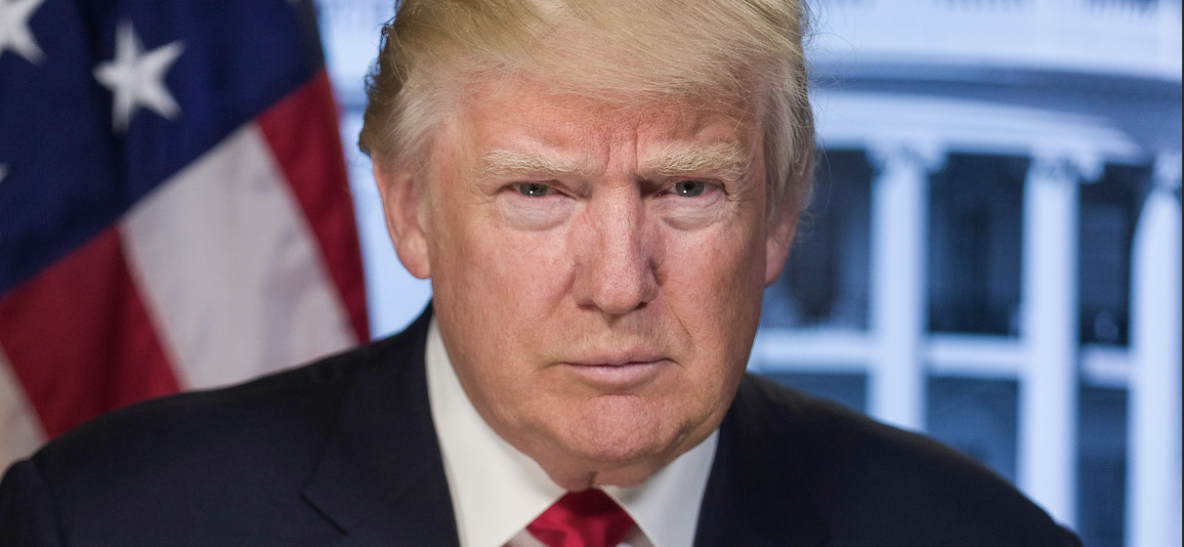On March 14, President Donald Trump signed an order to cut funding for the U.S. Agency for Global Media, which oversees Voice of America and Radio Free Europe/Radio Liberty. The next day, his administration took steps to implement the decision.
1. Why Did Trump Cut Funding?
The White House responded: “This decision will ensure that taxpayers are no longer on the hook for radical propaganda.”
The funding cut, which also affects Voice of America and Radio Free Asia, is part of a broader effort to scale back USAGM to its legal minimum.
Trump has long criticized U.S.-funded media organizations, often calling them “fake news” over their coverage of his administration. By labeling USAGM as part of an “unnecessary” federal bureaucracy, the executive order justified defunding it. As a result, journalists and employees at Voice of America were placed on administrative leave and banned from accessing USAGM offices or systems.
2. What Is Radio Free Europe/Radio Liberty?
RFE/RL is an American media organization that broadcasts news in 27 languages to 23 countries across Eastern Europe, Central Asia, the Caucasus, and the Middle East. According to its website, the organization provides unbiased, factual reporting.
Radio Free Europe was founded in 1949 to counter Soviet propaganda by broadcasting uncensored news to Eastern European countries. Two years later, Radio Liberty was launched to serve audiences inside the Soviet Union. Initially funded by the CIA, both outlets came under congressional funding and public oversight in 1971. In 1976, they merged into Radio Free Europe/Radio Liberty (RFE/RL), continuing their mission of supporting independent journalism in authoritarian regions.
After the Cold War, RFE/RL expanded to promote press freedom in post-Soviet states, the Balkans, Central Asia, and the Middle East. The broadcaster has played a crucial role in covering events in Ukraine, especially after Russia designated Voice of America and Radio Free Europe as “foreign agents” and added RFE/RL to its list of “undesirable organizations” in 2024.
Today, RFE/RL operates from its headquarters in Prague, Czech Republic, as a U.S.-funded independent broadcaster, reaching audiences living under media censorship.
3. Why Is This Politically Important?
For nearly 75 years, RFE/RL has provided uncensored news to an estimated 47 million people each week. By supporting democracy, it offers what many local media outlets cannot: independent reporting, open debate, and responsible discussion.
The funding cut has sparked debate over whether it was influenced by shifting U.S.-Russia relations. Russia is known for restricting independent media and using state-controlled outlets for propaganda. Many RFE/RL journalists based in Prague, Riga, and Vilnius hold work visas tied to their employment. If the broadcaster loses funding, their visas could expire, forcing them to return to Russia, where they risk criminal prosecution.
Trump’s administration had already removed thousands of government-funded jobs, affecting U.S. aid to Ukraine. Now, cuts have extended to media networks that reach an estimated 427 million people worldwide and employ thousands of journalists and staff.
Trump’s close ties with Elon Musk have also raised eyebrows. Musk has publicly opposed federal funding for media organizations like Politico, The Associated Press, and The New York Times, calling it a waste of taxpayer money. His stance aligns with the administration’s move to cut millions in government funding for independent media.
The international nonprofit Reporters Without Borders condemned the decision, arguing that it undermines the U.S.’s long-standing role as a defender of free speech and press freedom. The organization urged Congress and the global community to respond to this unexpected action.

4. What Are The Possible Scenarios?
Initially, RFE/RL’s future looked uncertain. However, Czech Foreign Minister Jan Lipavský called on EU ministers to explore ways to support the outlet’s mission in regions where press freedom is restricted.
“The cancellation of the Radio Free Europe/Radio Liberty grant agreement will be a huge gift to America’s enemies,” said RFE/RL President and CEO Stephen Capus.
“This could have a very serious impact. There is no free media inside Russia. The media landscape would be all the more bleak,” an unnamed journalist told The Guardian.
On March 25, a U.S. district judge ruled against Kari Lake, a special advisor to USAGM, and the Trump administration, blocking them from cutting federal funding for RFE/RL. This ruling provided the organization with a temporary victory in its fight to stay operational.
RFE/RL filed a lawsuit against USAGM, Kari Lake, and agency official Victor Morales to prevent the termination of its grant. The lawsuit argues that funding RFE/RL is a “statutory function” of USAGM and that the agency is violating federal law by attempting to cut its budget, which is allocated by Congress through the International Broadcasting Act of 1973.
RFE/RL requested USAGM to release $7.5 million in congressional funding. Before the hearing, USAGM agreed to provide the money, making the legal request unnecessary. RFE/RL President Stephen Capus welcomed the decision, stating that it upholds Congress’s authority and supports the organization’s mission to combat censorship and misinformation.
While the court ruling offers a temporary reprieve, the long-term future of RFE/RL remains uncertain. With ongoing political battles over media funding, the organization may continue to face financial and operational challenges. As press freedom advocates warn, the defunding of RFE/RL could have far-reaching consequences for independent journalism worldwide.
[jetpack-related-posts]
